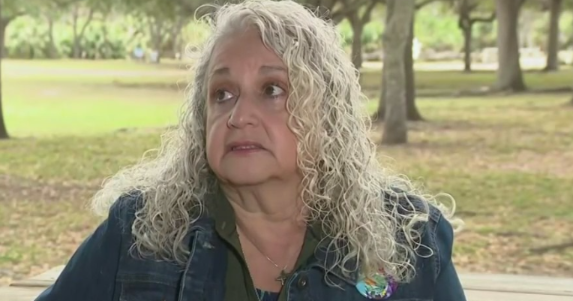'Conversations Started Taking Place': FIU Police Capt. Delrish Moss Reflects On Impact Of Trayvon Martin's Case
MIAMI (CBSMiami) – Florida International University Police Capt. Delrish Moss looks back 40 years when, as a teenager waiting for a bus on Flagler Street in Downtown Miami, he was approached by a white police officer.
"I was actually sitting on a bus stop downtown when the officer comes up to me," Moss said. "He started to rifle through my bag and searched me and the things I was carrying and he called me the N-word in that exchange."
About a year later, Moss, who grew up in Overtown, was walking on Biscayne Boulevard near the old Omni Hotel when he was again approached by a white cop.
"I was coming from my job when the police officer stopped me, searched me, left and never said a word," Moss said.
Despite those ugly incidents, Moss pursued a career in law enforcement, spending 30 years with the Miami Police Department.
In 2016, he was named police chief in Ferguson, Missouri, where riots broke out following the shooting death of Black teenager Michael Brown.
Four years before taking the Ferguson job, the shooting of Trayvon Martin impacted Moss personally.
"Trayvon kind of impacted me a couple of ways. One I worked with his grandfather and so there was a family connection. I know his mother and one of his cousins is a Miami police officer and was a police explorer with me," Moss said.
Moss spent three years in Ferguson, returning to South Florida to be close to family. Ten years after Trayvon's death and the birth of the Black Lives Matter movement, Moss says the way the nation talks about race is changing.
"The first thing is that conversations started taking place that weren't taking place before, and that is the best way to make change," he said.
The veteran cop, who endured racial profiling as a young man, says the death of Trayvon Martin opened wounds that have yet to heal.
"I think the Trayvon Martin case still haunts people. And even though it wasn't about a police officer, it spoke to the feeling that African Americans have not been listened to or valued and that sparked a lot of conversations that go on to this day and impacted cases that happened subsequently," Moss said.



